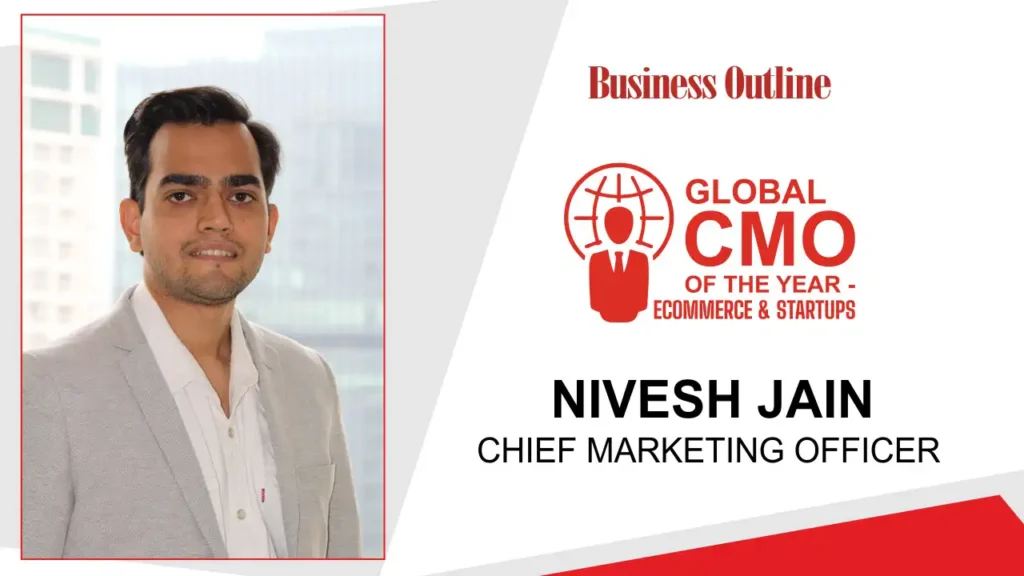Nivesh Jain is a seasoned digital marketing leader with deep expertise in ecommerce, D2C, and consumer brands. He began his career at an ecommerce startup, expanding its diamond jewelry brand from the UK to the USA, France, and Germany. He then spent a few years in agencies, shaping digital strategies for FMCG giants like HUL and ITC, delivering award-winning campaigns for Yes Bank and IPL, and launching the digital presence of brands such as NSE India, Reliance Energy, Mumbai Metro, Lodha Palava, Priyanka Chopra’s production company, and WWE India. For the past seven years, he has led growth and marketing at ecommerce startup Handelnine Global.
Tell us more about Handelnine Global and your role at the company.
Handelnine Global is an ecommerce startup, structured as a house of brands, targeting a global audience. As CMO, I lead all marketing initiatives for our brands across geographies and am accountable for driving revenue growth while maintaining profitability. My responsibilities span performance marketing, conversion rate optimisation, brand building, social media, seo and content. I also work closely with the Founder to shape the company’s growth strategy, including expansion to new markets, launching new brands and exploring new business models.
What is your take on top marketing strategies for ecommerce and D2C startups?
Marketing strategy for ecommerce and D2C brands should evolve with the stage of the company. In the early days, the focus should be on performance marketing to validate product-market fit and observing RoAS in the context of unit economics to ensure that there is a path to profitability. As the brand scales, investing in brand-building becomes critical for long-term marketing efficiency. I believe that data-driven decision making is essential. Regular analysis and course correction are what truly sharpen the edge of any marketing effort.
How do you manage your team and what is your style of leadership?
At Handelnine Global, I lead a lean yet diverse team spread across India, Southeast Asia, Europe and the UK. I have found that managing a remote team is not very different from one that occupies the same office space, as long as everyone is aligned to clear, shared goals. We track progress through individual KPIs and team-level outcomes, often visualised in real-time data dashboards. I believe in empowering middle-managers with accountability and decision-making autonomy. That said, when the team hits a roadblock, I am hands-on and get involved in the solutioning process.
What are the top trends in D2C marketing and how are you responding to those?
Gen AI is undoubtedly at the top of the list. At Handelnine Global, we are actively leveraging it across multiple functions, from translating catalog content at scale to enhancing SEO, blogging, and social media efforts. We are also embracing a privacy-first approach, especially in the European market, with a strong focus on building and utilizing first-party data. Beyond that, I’m closely tracking developments in immersive tech (AR/VR/MR) and the use of blockchain for ad fraud prevention and smart contracts; they hold exciting potential for the future of marketing.
How do you continue learning and staying ahead in such a fast-evolving space?
I stay actively involved in the Indian D2C startup ecosystem through mentorship, advisory roles, and occasional angel investments in early-stage startups. While I enjoy supporting young founders and giving back to the community, these engagements also sharpen my thinking and broaden my perspective. They keep me close to emerging trends, fresh ideas, and real-world challenges. I also make time to read regularly and foster a culture of experimentation at Handelnine Global, which fuels continuous learning for both myself and the team.
Read more: Top Business Magazine


